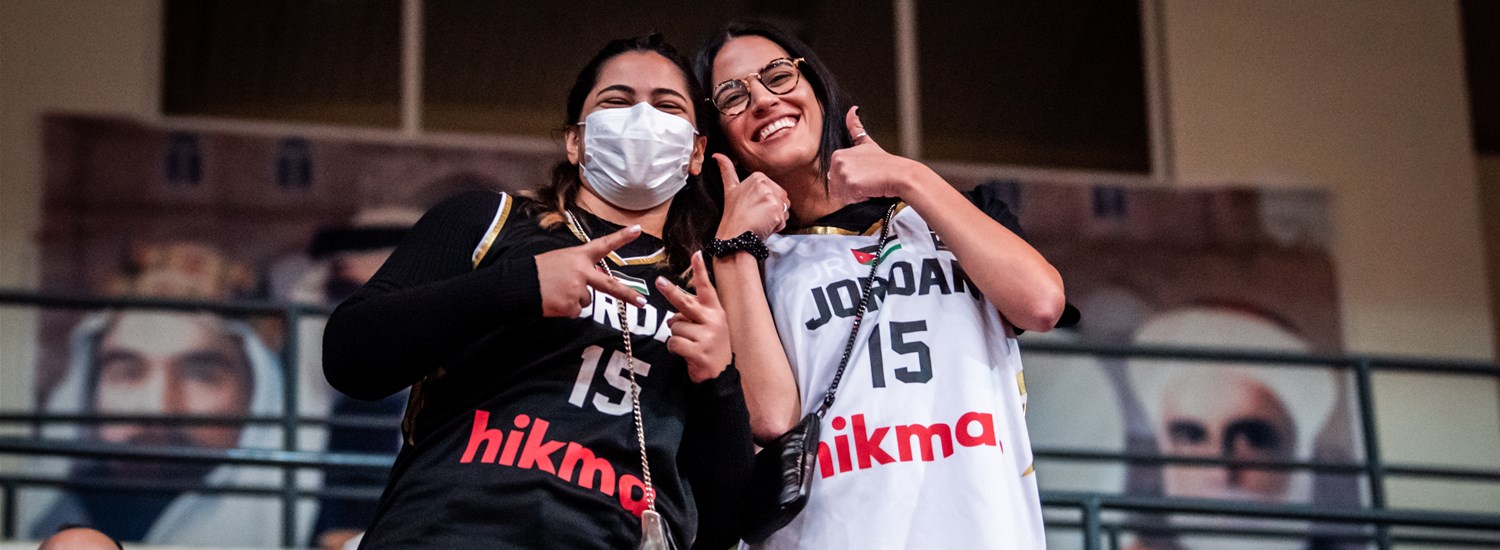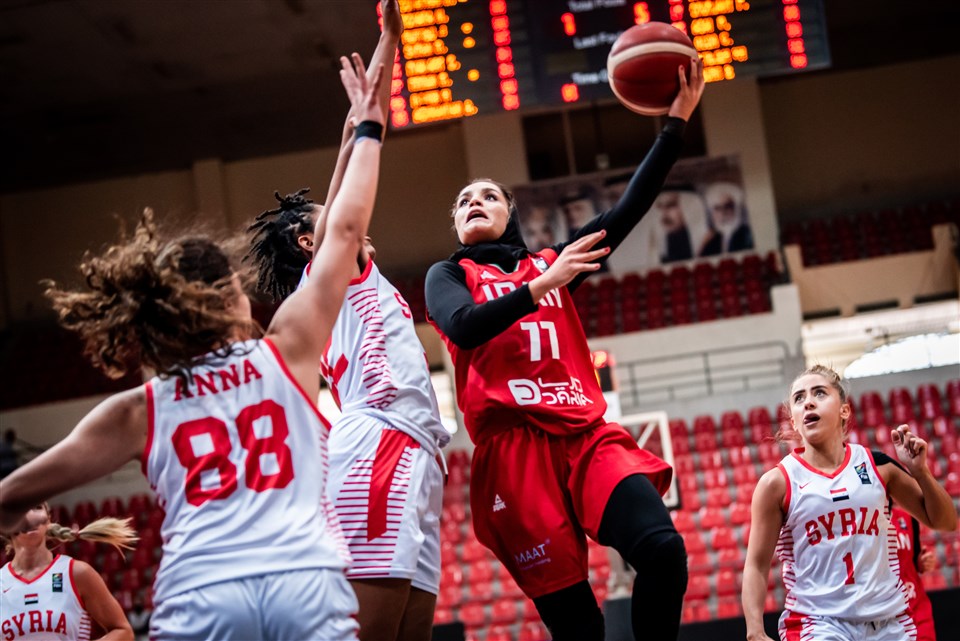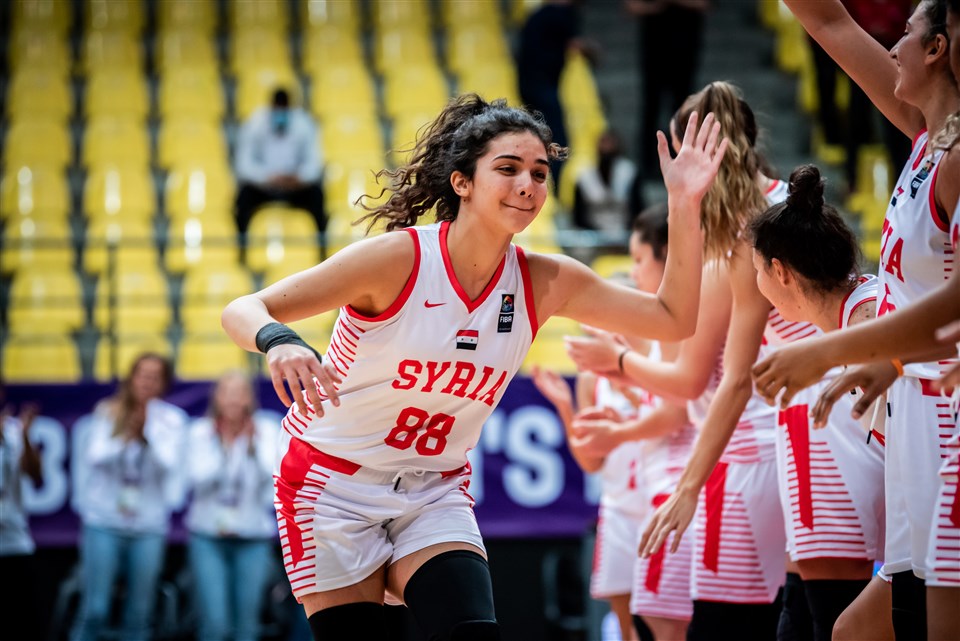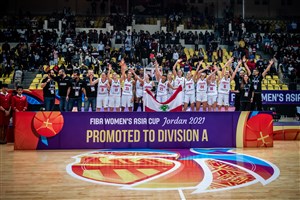
Top takeaways from the FIBA Women's Asia Cup 2021 Division B
AMMAN (Jordan) - The FIBA Women's Asia Cup 2021 Division B is now in the books and there have been many different talking points from the action in Amman.
FIBA's women's basketball specialist Paul Nilsen aka @Basketmedia365 gives us his takeaways from the tournament, with many positives to choose from.
A packed home crowd for the Final

While Jordan ultimately fell short of their promotion aim, the way that the crowd grew and grew during their games was great. The Final was played out in a packed Arena, with the fans showing lots of passion and love for their team even if things were not going their way during a blowout situation. It was noisy, it was a great atmosphere and a fitting stage for any FIBA tournament.
Akl was the class act

I had high hopes for the Lebanon playmaker heading into this tournament and she did not disappoint. A class act who controlled everything for her team and pulled the strings, her composure and level-headed approach was a calming influence in the heat of the battle. As the noise and pressure probably got to Jordan, the guard was going about her business in such a cool and composed way. Just so impressive and my MVP.
Asia has got game - and even bigger potential

Yes, Asia has got game and not just at the top level. There were so many super elements in this competition. Perhaps no better illustrated by the fact that even if you take Iran who were the only team that did not rack up a victory in the tournament, the concept of them having got game is strongly validated. While they lacked some game experience at this level and made some rookie errors in terms of game management, their athleticism in particular was outstanding and a big surprise. Right across this competition and in every position, there was game.
A well chosen and utilized naturalized player can sometimes be a force for good

Having naturalized players has always been controversial to many people, but now an integral part of the FIBA game worldwide, it has become increasingly important to choose smartly. Not only this, but to utilize the player smartly and for the player to be smart herself. This was so evident with Kim Pierre-Louis of Indonesia who did such a really good job for her adopted nation.
We need to see these nations more often

Taking into account the first point, it must be said that for the talent and potential to be realized, the respective Federations must do everything they can in order to encourage sustained participation at the event in future years. It was fantastic to see the return of so many different countries, some after decades away. We now hope that they will make a return sooner rather than later, not leaving such a gap this time. These programs and players need more competitive games to improve and advance the sport in their homelands.
Indonesia put the fun into basketball

A special mention really does need to be given to Indonesia who always played with huge smiles on their faces, even in the most challnging moments. They also showed so much grace in defeat to their opponents. Most importantly, their energy, spirit, style and approach to the game is infectious. The combination of what they did on the court, along with their large and excitable fan following in the stands really does show they can be a lot of people's second favorite nation. They did such a good job of putting a big does of fun into this tournament and showed you can be a serious team but enjoy the ride too.
There could be a growing demand for women's basketball in Asia

Perhaps the most important takeaway from the tournament is that there was a clear and demonstrable demand from fans who lapped up the content. The Fan MVP vote alone saw massive levels of engagement and that is something that should excite everyone involved in the sport, both at the FIBA and individual Federation levels. The potential to grow the various markets exists. Asia is perhaps the most unique of all FIBA regions because of its size and diversity, but that challenge could be transformed into an opportunity. It's never easy as we see globally, but some really important and key ingredients are there.
FIBA












